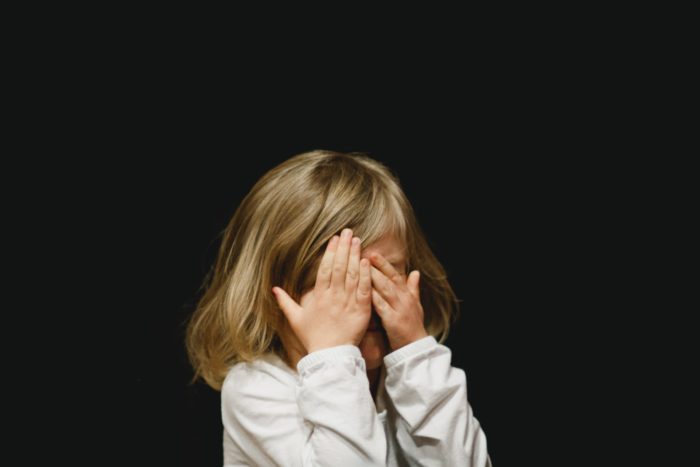School Shooting and Its Impact On Child’s Mental Health
Numerous studies have shown that experienced trauma affects both the perception of the world and the ability to cope with stress and anxiety.

Mass school shooting is an extremely traumatic event that has the greatest chance of causing post-traumatic stress disorder (PTSD) in those whose lives and health have been directly and immediately threatened. This risk is especially high in children.
Numerous studies have shown that mental trauma received in childhood, when the human psyche has not yet matured and is in the process of development, continues to have a general negative effect throughout life. Childhood trauma affects both our perception of the world and our ability to cope with stress and anxiety.
In addition, the very threat of gunfire at school causes enormous damage to the mental health of schoolchildren – constant anxiety and lack of a sense of security leading to an increased risk of developing anxiety disorder and depression.
Psychotherapist Melissa Dumaz and psychologist Kathy Wu talked about the symptoms of PTSD or acute stress disorder in children:
The unexpected, cruel death of people that happened before their eyes makes children, like adults, fixate on the successive feelings of shock, rage, sadness, fear, and helplessness.
However, due to the incomplete formation of the abilities for communication and processing of their emotions, children express their thoughts and feelings differently than adults. Children who are directly or indirectly exposed to attacks at school may have difficulty falling asleep, wake up frequently at night and suffer from nightmares, they may lose their appetite, or, conversely, may start to eat a lot.
Such children often do not want to go to school, even the very thought of studying can begin to cause resistance and rejection in them, and their academic performance decreases.

Children are tormented by fears, anxieties, feelings of grief, loss and guilt, and they can hardly explain what is happening to them. The behavior of children changes – they may experience constant anxiety, nervous excitement, agitation, or, conversely, apathy and loss of interest in the world around them, they may become irritable and aggressive, or silent and depressed.
They can be tormented by obsessive thoughts, and their mood can often change dramatically. Children can begin to complain of pain in different parts of the body, show regression in development – start wetting the bed again, throw tantrums, constantly hug their parents, and so on.
It is very important for parents to closely monitor what is happening with their child, not only at home but also at school, in communication with friends, in other situations – and in case of alarm, be sure to seek help from specialists.
